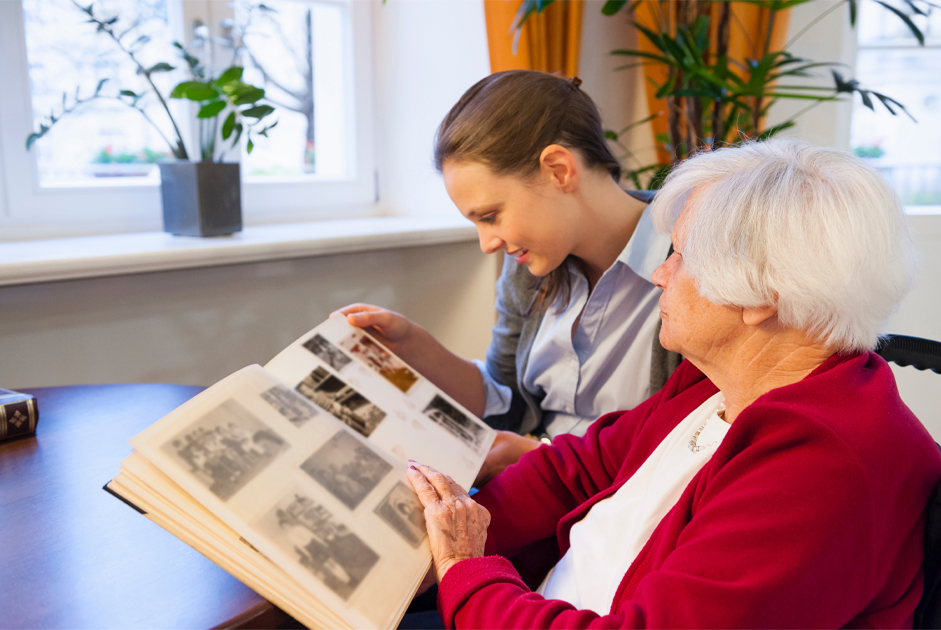My mom lived in a nursing home the last eight years of her life. As Alzheimer’s creeped in, my sister had a brilliant idea: “Let me buy Mom a set of notebooks where she can capture her memories and tell the story of her life.” We were excited about the prospect of her telling her story in her way and looked forward to those inevitable “I didn’t know that” or “Well, who knew?” moments of our own.
In our mom’s case, it wasn’t to be as her condition had already impeded her clarity as well as her ability to focus. The opportunity was forever lost.
How many times have you thought “I wish I had asked Dad that before he passed” or “Aunt Harriet would have known that piece of the puzzle, but it didn’t occur to me to ask her”? It is rarely nosiness that prompts our curiosity. Most of us have a genuine interest in knowing our loved ones more fully and from their perspective. In doing so, we also satisfy an innate desire to better understand ourselves and our history.
It’s not surprising that older people derive a number of benefits from telling their stories. These include:
- Preserving their sense of identity
- Improving their memory and cognition
- Reducing their emotional isolation and loneliness
- Developing a deeper connection with loved ones
The research also points to the priceless sharing of values, life experience and wisdom that these stories offer the listener – you and me.
Spark a Story
What are we waiting for? If Uncle Arthur tends to sit quietly by himself at your family gatherings or instead bombards you with questions about your active, busy life, you may want to consider how to draw him out by tapping into his stories. And, here’s the thing, you don’t need to ask about his whole life story. Most people would feel overwhelmed and respond with “Gosh, where do I start?” Or “Oh, you don’t want to hear all of that!” So, be creative, consider what you know about “Uncle Arthur” and spark a story by asking:
- How did you and Aunt Margie meet?
- How did you know that she was the one?
- What’s one lesson your parents taught you?
- Who were your favorite relatives growing up?
- What was your neighborhood like growing up?
- Who was the biggest influence on you as a kid?
- What’s the most mischievous thing you did as a kid?
- How did you decide on a career in…? OR What was it like being a homemaker back then?
- What’s your favorite holiday memory?
- What are your favorite holiday foods?
- What is one thing you wish you knew how to cook?
- What is the kindest thing anyone has done for you?
- If you could have dinner with one person, past or present, who would it be?
- What’s one thing you really admire about young people today?
- What’s one thing you’d like to understand about young people today?
- What is the most amazing piece of technology to you?
- What have you been doing for fun lately?
By now, you get the idea. I promise you’ll be amazed by how much better you will know and understand your loved one – and maybe even yourself. As you pursue conversations like these, be sure to:
- Express genuine interest in them and their stories. Use this moment as an opportunity to slow down, and to be in the moment, fully engaged.
- Ask open questions and follow up “why” questions to keep the conversation going.
Oh, and don’t be surprised if “Uncle Arthur” seeks you out at the next family gathering!



















